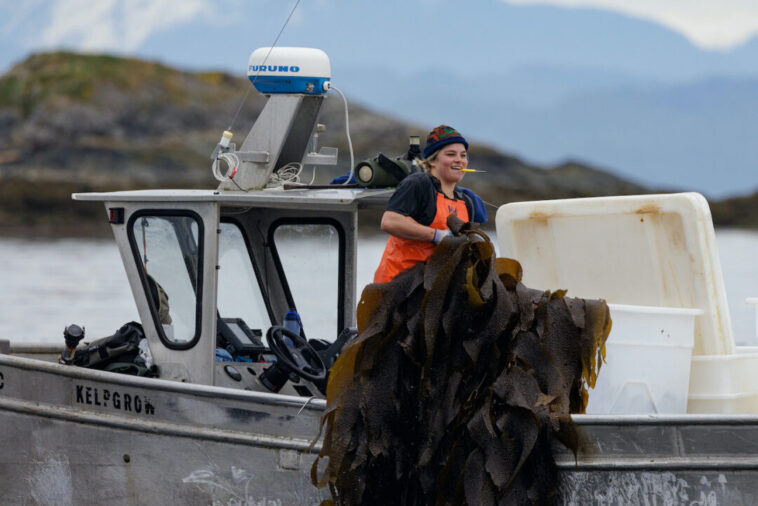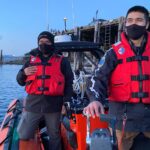More British Columbians than ever are in agreement about the importance of marine conservation. A new poll has revealed that an overwhelming majority are in favour of a network of marine protected areas in our province’s waters.
79% – about four in five people – are in support of marine protected areas throughout the Great Bear Sea, an area also known as the Northern Bioshelf Region, that stretches from northern Vancouver Island to the Alaskan border and includes Haida Gwaii and the central coast.
The Great Bear Sea is often referred to as the “Galapagos of the North” because of its rich biodiversity. It provides a home to whales, salmon, seabirds, shellfish, eelgrass meadows and kelp forests, to name a few.
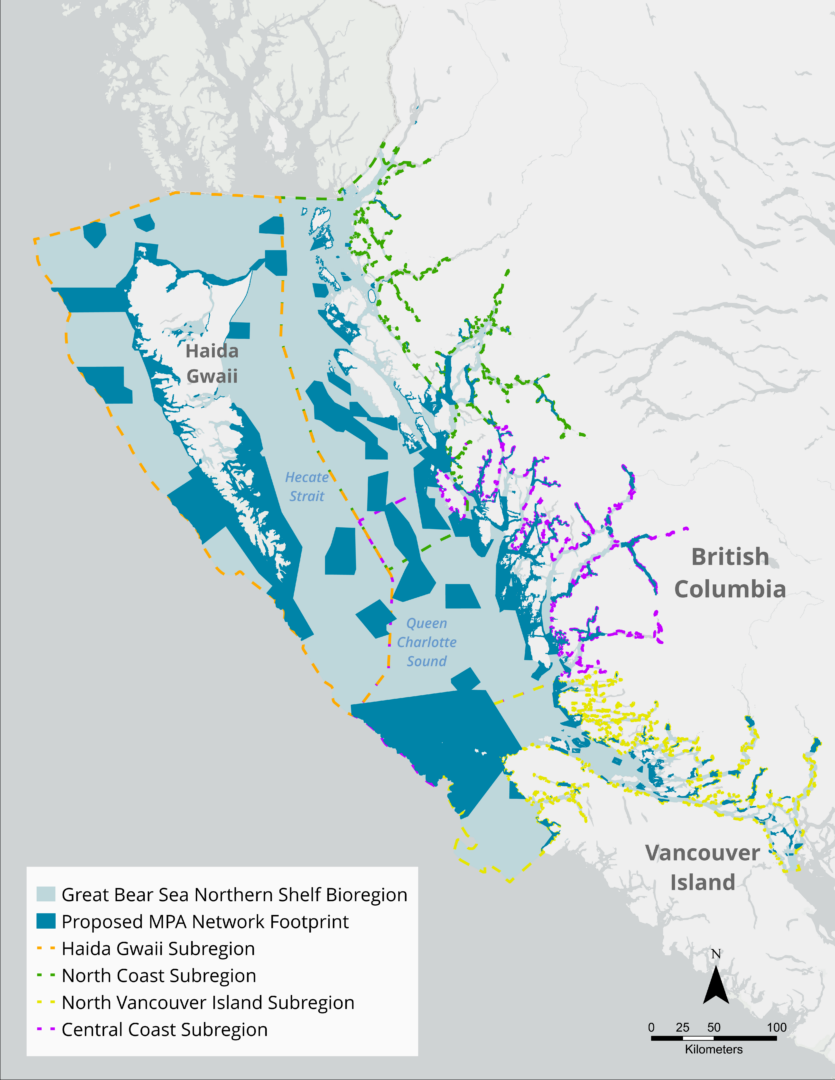
Earlier this year, the BC and federal governments, alongside a coalition of fifteen First Nations, announced a landmark agreement to create the Marine Protected Area Network to protect the coast from threats like poaching, bottom trawling, and industrial extraction.
The declaration covers 30% of the Great Bear Sea – nearly 30,500 square kilometres – and will revitalize fish stocks, wildlife and habitats while allowing ongoing fishing in most areas.
Respected pollster Mario Conseco notes that while “discussions about environmental protection usually see drastic fluctuations depending on the federal political allegiances of respondents,” when it comes to marine protected areas, “this is not the case.”
Widespread support is found across British Columbians from all political parties, from the Greens (88%) and the NDP (88%) to the Liberals (87%) and the Conservatives (78%). Only 9% of all respondents were opposed to the proposed network.
“Nowadays a lot of topics can feel really polarizing. But we see with this poll that the support for marine protected areas crosses all the party lines and a majority of people are saying that they agree that marine sanctuaries are a good idea.”
Kate MacMillan, Ocean Conservation Manager at CPAWS (Canadian Parks and Wilderness Society) BC
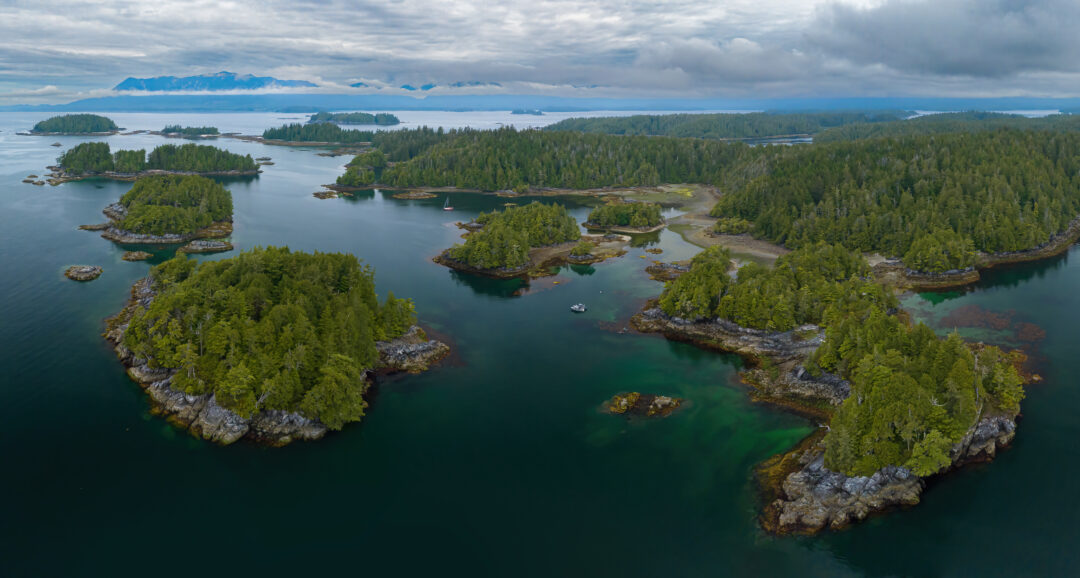
Kate MacMillan, Ocean Conservation Manager at CPAWS (Canadian Parks and Wilderness Society) BC, has observed this phenomenon in her organization’s outreach. In an increasingly divided political environment, marine conservation is a unifying value.
“Nowadays, a lot of topics can feel really polarizing,” she said. “But we see with this poll that the support for marine protected areas crosses all the party lines, and a majority of people are saying that they agree that marine sanctuaries are a good idea.”
Regarding the current issues facing coastal economies, 93% of those polled feel marine conservation is the most important. Additionally, 68% feel “extremely” or “very” concerned about declining fish stocks, open-net fish farms (64%), bottom trawling (63%), and climate change (61%).
“I really see a lot of alignment with people who work and live on the coast, whether it’s fishing, whether it’s with conservation or tourism. We want to continue seeing a healthy, thriving ocean for everyone into the future.”
Kate MacMillan, Ocean Conservation Manager at CPAWS (Canadian Parks and Wilderness Society) BC
“People are experiencing and seeing the changes in the ocean, whether it’s from the declining fish stocks, or in recent years, heat domes and those big impacts along the coast on intertidal species,” MacMillan said, referring to the 2021 heat dome that killed one billion marine animals along BC’s coast.
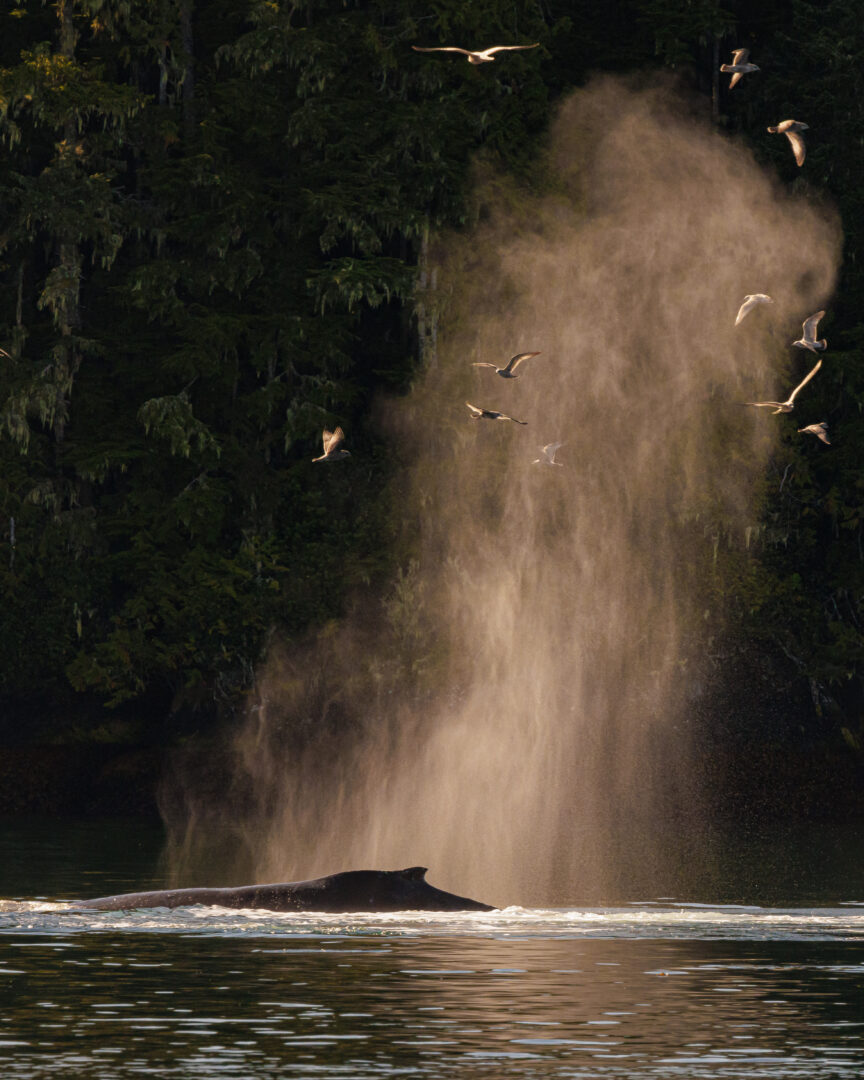
“I really see a lot of alignment with people who work and live on the coast, whether it’s fishing, whether it’s with conservation or tourism. We want to continue seeing a healthy, thriving ocean for everyone into the future,” MacMillan told us.
The survey, conducted from October 31st to November 8th among 1,603 adults in BC, also found that the public has the highest level of confidence in scientists (77%) and environmental organizations (67%) for reliable information on marine protected areas. People felt less confident in the fish farming industry and, least of all, fishing companies (32%).
Ultimately, Canseco concluded that “most British Columbians are overwhelmingly supportive of establishing a marine protected area, and want its creation to be guided by scientists, environmentalists and Fisheries and Oceans Canada.”
MacMillan noted that marine protected areas (MPAs) are not intended to replace fisheries management but to work alongside those managers to support coastal communities and economies in the long run.
“Marine protected areas are proven to help rebuild fish stocks and benefit fisheries by protecting the key habitats associated with specific species, whether it’s for breeding or feeding,” she commented. A refuge such as this “allows them to recover, adapt, and rebuild. And then that benefits all the other species in the ocean that might fall outside of the lines [of the MPA network] on a map.”
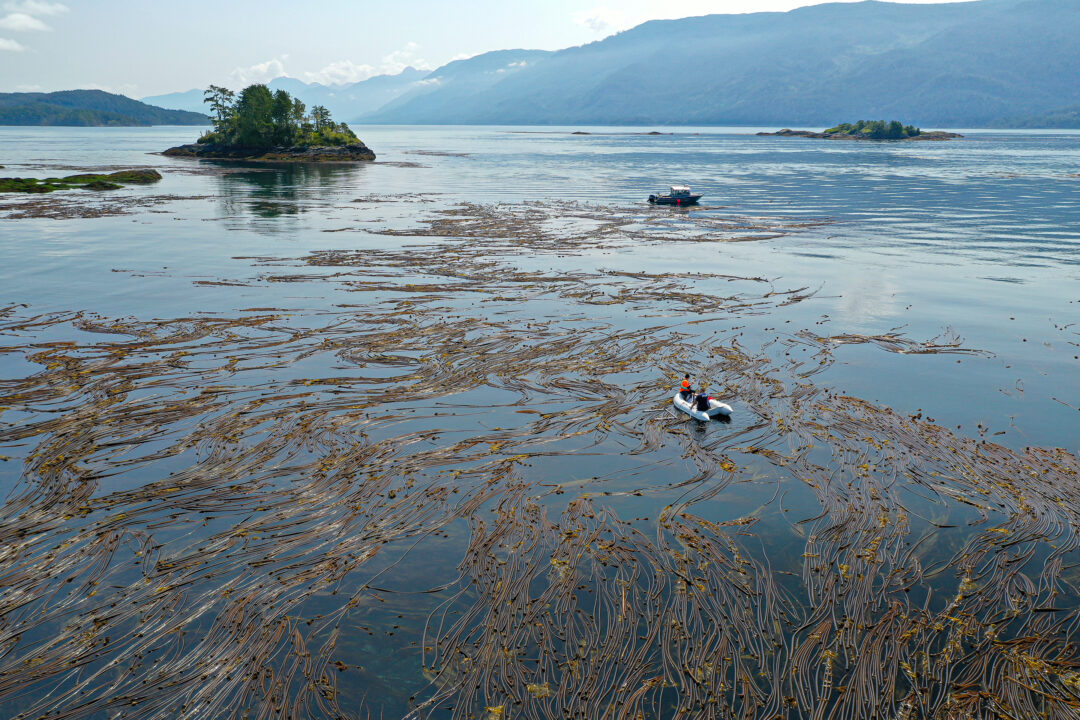
The provincial government has recognized the importance of coastal Indigenous Nations – who have successfully stewarded these areas for millennia – as leaders in marine conservation strategy. BC officials just announced that $60 million in new funding would go towards Indigenous-led stewardship of the Great Bear Sea.
“It’s not often I find that these solutions to problems and threats that folks are so aligned on. And I think that’s something that’s really important to acknowledge and celebrate and seize.”
Kate MacMillan, Ocean Conservation Manager at CPAWS (Canadian Parks and Wilderness Society) BC
The grant will support Indigenous marine and Guardian programs in addition to the MPA Network plan. The funds will be administered by the Coastal First Nations’ Conservation Endowment Fund Foundation and will create 2000 new jobs related to marine protection of the Great Bear Sea.
For MacMillan, the poll highlights an exciting moment where both BC’s marine ecosystems and coastal economies stand to benefit immensely. “It’s not often I find that these solutions to problems and threats that folks are so aligned on. And I think that’s something that’s really important to acknowledge and celebrate and seize,” she said.




